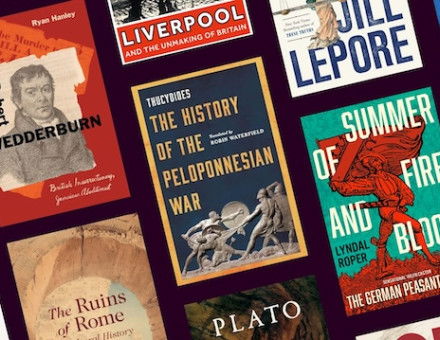Britain's Good War?
Their finest hour - Angus Calder takes a critical look at the credits - and debits - of Britain's contribution to the Second World War and asks if a 'spirit of the Blitz' myth-mentality has helped or hindered the country's post-war development.
It was easy for the British to convince themselves in 1945 that they had had a 'good war'. The 'United Kingdom' had been more united, perhaps, than at any time in its history, in its determination to defeat Germany. Its rulers had planned a war effort, mobilising the efforts of the entire population, which had been crowned by success. Demobilisation of 5 million men and women in the armed forces now proceeded with remarkably little friction. Those whose individual wars had not been so 'good' were under some pressure to submerge their traumas and grievances in the national mood of self-congratulation. And indeed, the British had a lot to be proud of.





